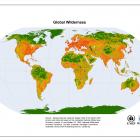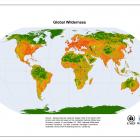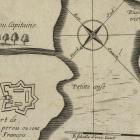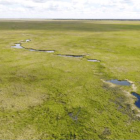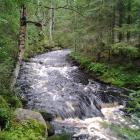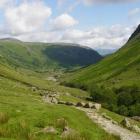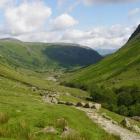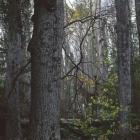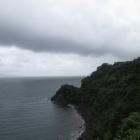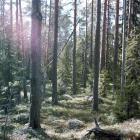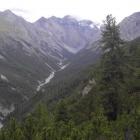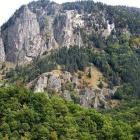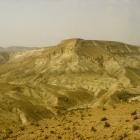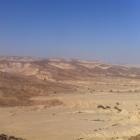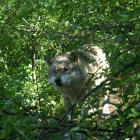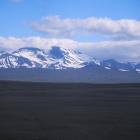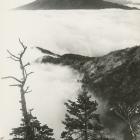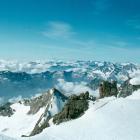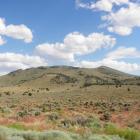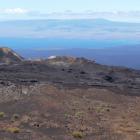A Language Without Wilderness—Italian
If one sets out to translate the English word “wilderness” into Italian, one’s first reaction is to assert simply that there is no such term that reproduces its exact meaning. But pondering the reasons for this inability to translate suggests that there is value in offering some general reflections on the subject. The best known English-Italian dictionaries offer four possibilities: a) deserto, landa (“desert”), b) solitudine (“solitude”), c) riserva naturale (“natural reserve”), d) zona naturale incontaminata (incolta o disabitata) (“natural uncontaminated area (unmanaged or uninhabited)”). Those with a passable knowledge of Italian and English realize that none of these translations captures the essence of “wilderness,” especially as it is used in US literature in particular.
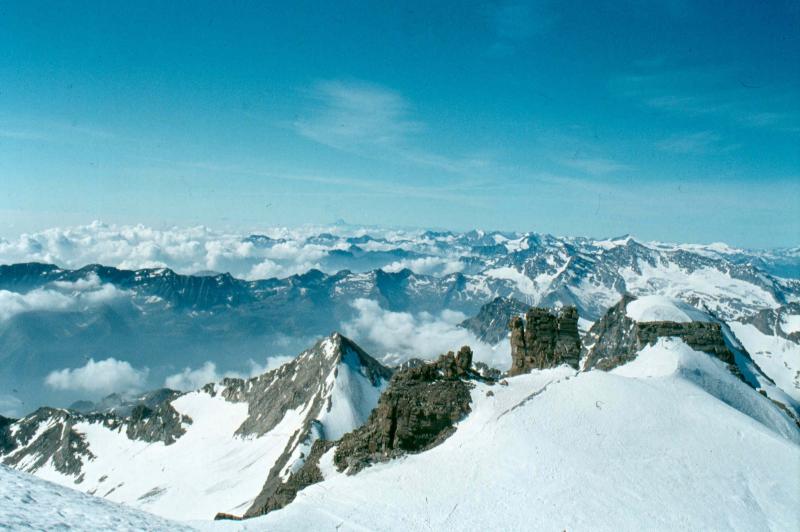
The peaks of the Gran Paradiso massif. Photograph by Luigi Piccioni, n.d.
The peaks of the Gran Paradiso massif. Photograph by Luigi Piccioni, n.d.
 This work is licensed under a Creative Commons Attribution-NonCommercial-ShareAlike 3.0 Unported License.
This work is licensed under a Creative Commons Attribution-NonCommercial-ShareAlike 3.0 Unported License.
To begin with, deserto and landa are concrete, specific environments, which can be (and usually are) criss-crossed and transformed by man and carry no sentimental or moral connotations connected to the positive idea of nature itself. On the contrary, solitudine suggests a generic psycho-physical condition, or else an individual moral value that has no specific relation with nature. The term riserva naturale is meant to describe a characteristically human institution that does not necessarily reflect a condition of special purity in the demarcated area, or one that manifests values or morals implied by such a state. The phrase zona naturale incontaminata (o incolta o disabitata) is one that best captures the physical and material aspects of the word “wilderness,” which refers to a primeval nature that is neither modified nor influenced by human presence. This sense is rarely used in Italian, and is a complicated and awkward substitute for the simple, elegant, and evocative English equivalent; when employed, it usually refers only to a few small-scale situations with few general applications. As if that were not enough, this last phrase completely lacks sentimental and moral connotations that are so striking in the English term, at least in the meaning of the US “wilderness debate.”
This English meaning, in fact, contains two elements that are strictly connected and inseparable: a nature that is uncontaminated, primeval, untransformed, selvaggia (“wild”), and one that denotes a sentimental and moral attitude of humans toward nature itself, offering a unique view of nature. All the various possible Italian translations are, on the one hand, unable to transmit this synthesis of natural phenomena and human visions, and on the other hand, are rather poor renditions of each of these elements taken separately. The challenge before us, then, is one of veritable untranslatability: our initial intuitive impulse is therefore justified.
The task remains one of explaining the semantic asymmetry between the English-speaking—especially US—and Italian worlds. I offer summary observations at two levels. At the material, “physical-geographical” level, there is fact that for many centuries Italy has almost completely lacked any natural areas that can be considered both inspirational places void of contamination and places wholly absent of any human traces. There are in effect sites that are largely primeval, but these are extremely rare, almost impossible to access, or are largely void of spectacular flora and fauna. It is difficult to imagine, for example, Henry David Thoreau or Aldo Leopold spending a few months or years of their life at the foot of the Grandes Jorasses and being inspired by nature… At the symbolic level, the crucial issue is a national culture that has never experienced, beyond a few very minor and recent exceptions, a relationship with a primeval nature that is intensely emotional and tinged with moral concerns for that nature.
What does wilderness mean in your language? Browse “Wilderness Babel” via the map.
Live map showing the location of the languages featured in the virtual exhibition. What does wilderness mean in your language? Browse “Wilderness Babel” via the map.



